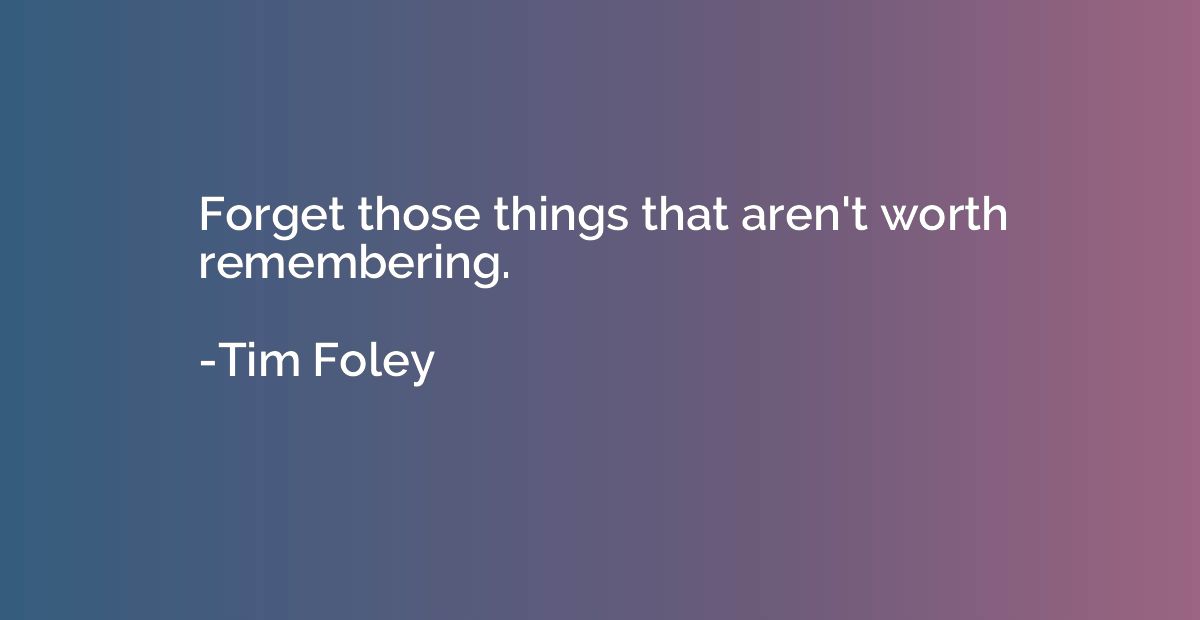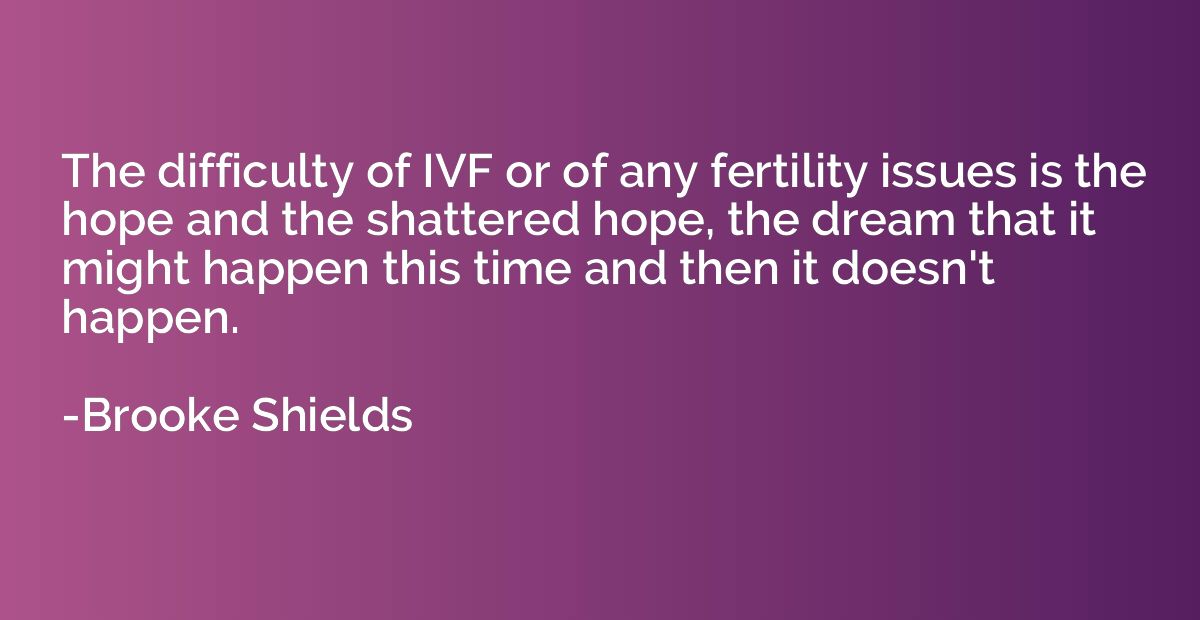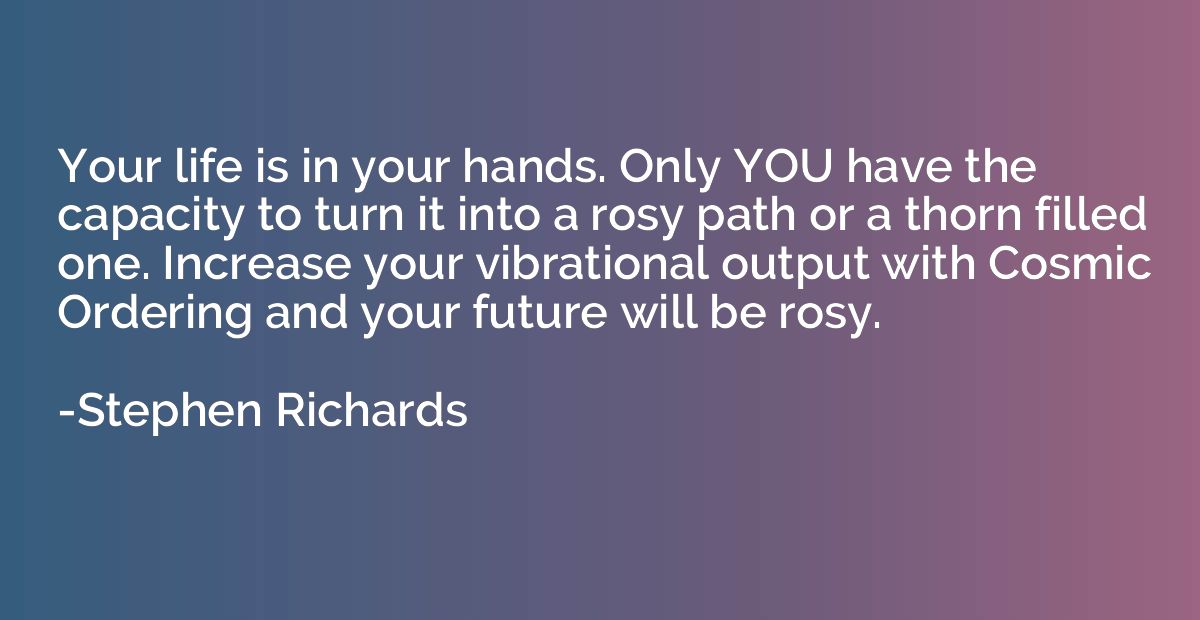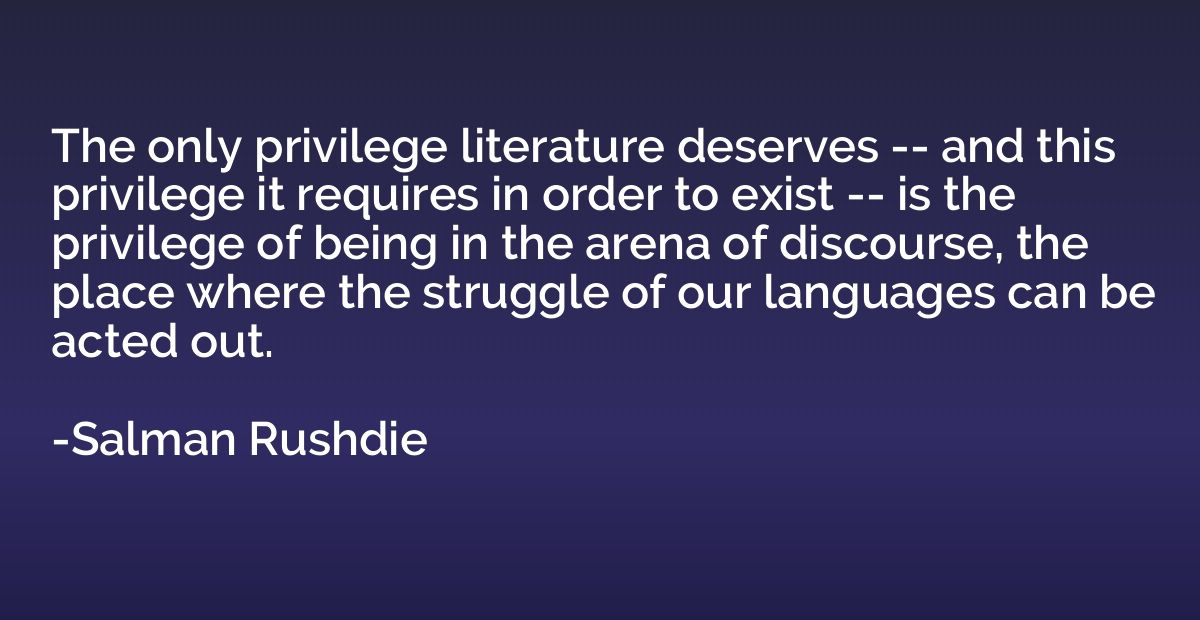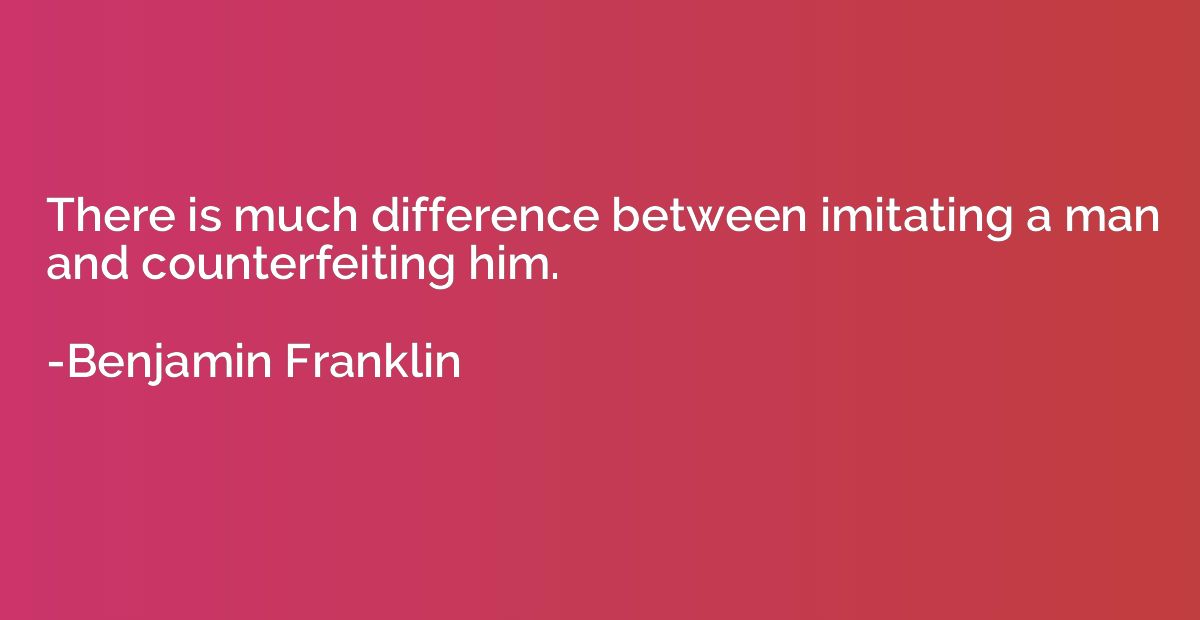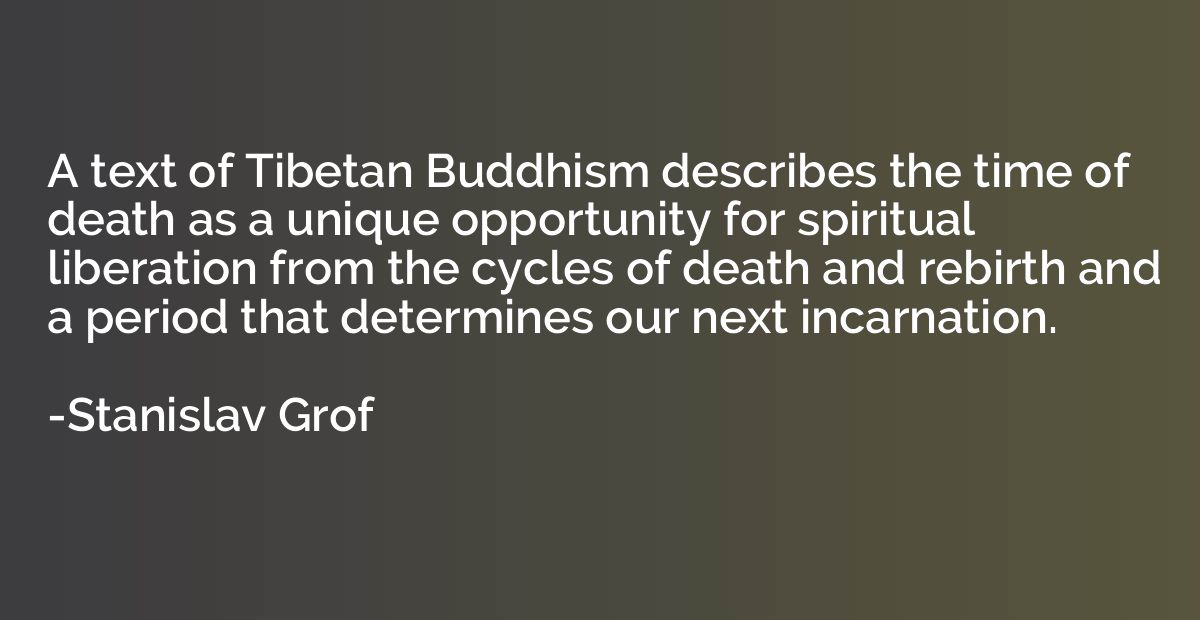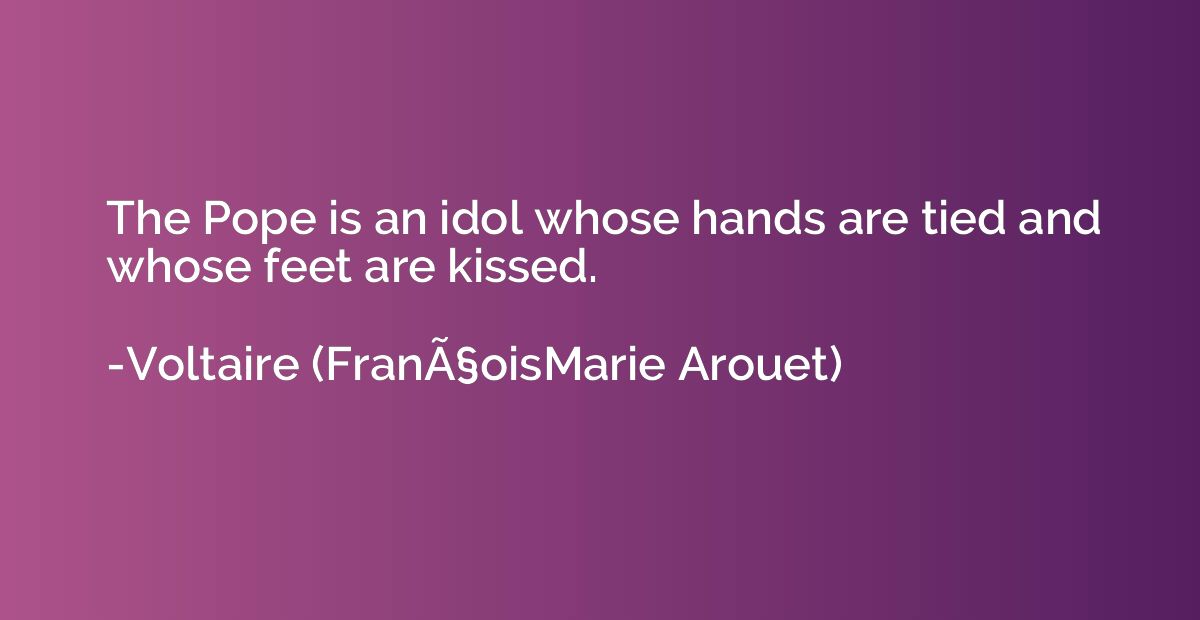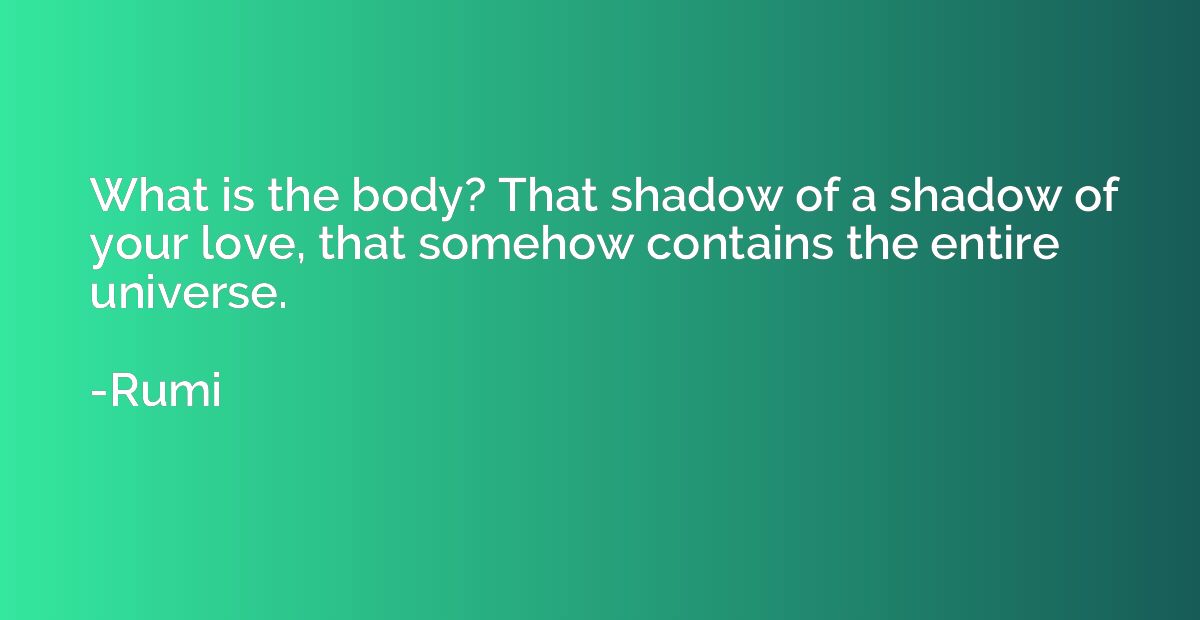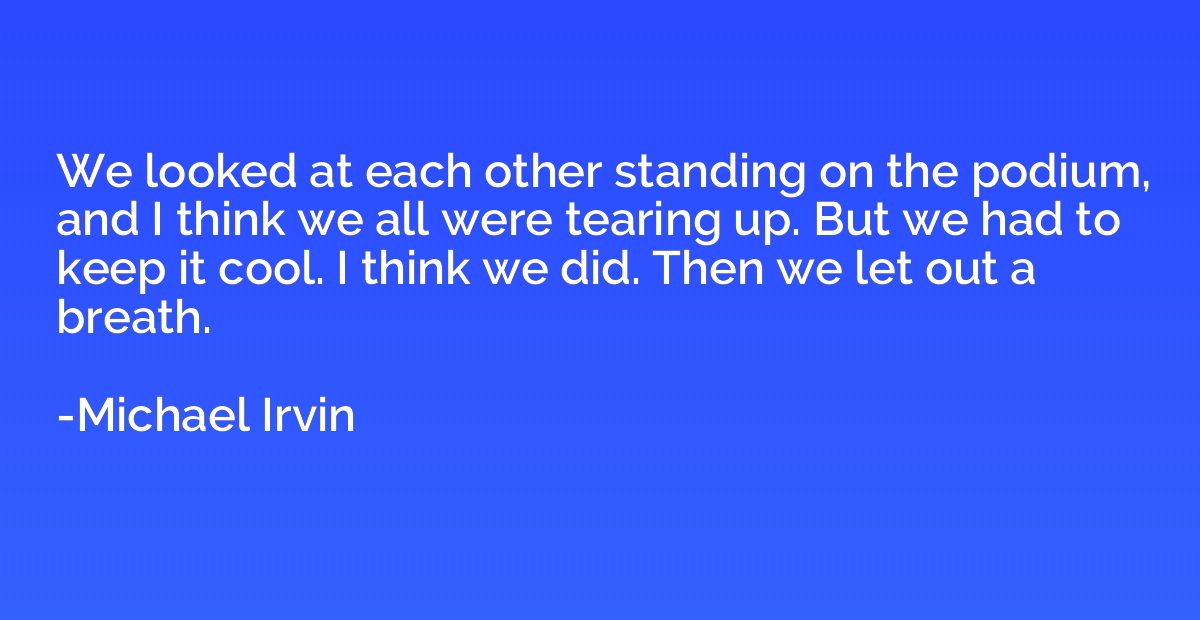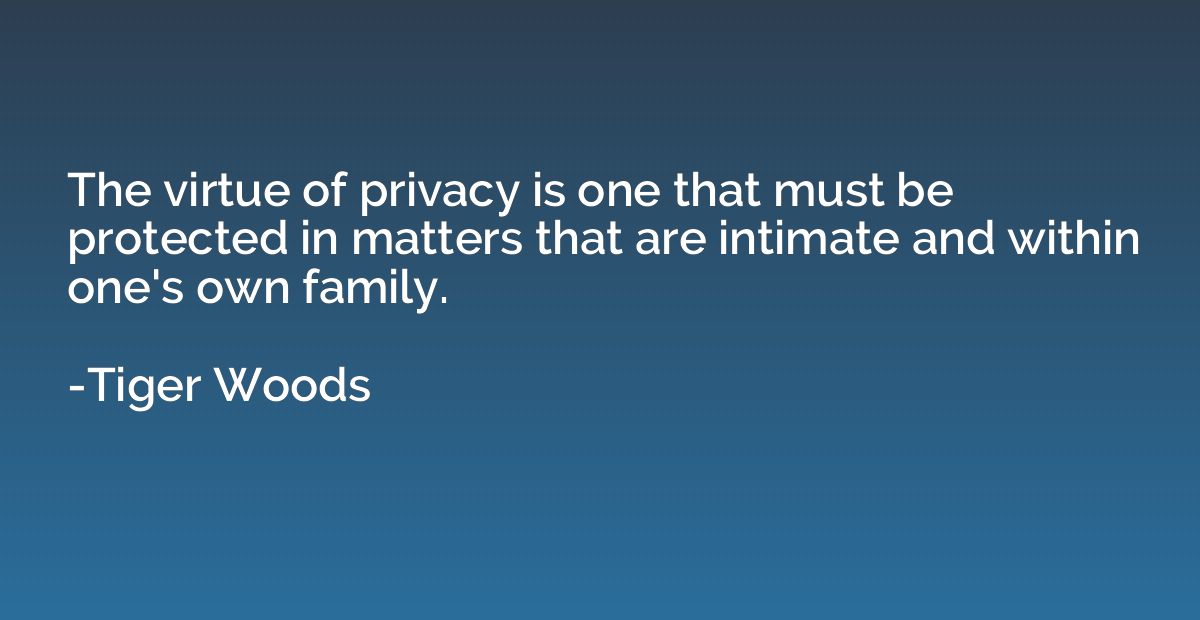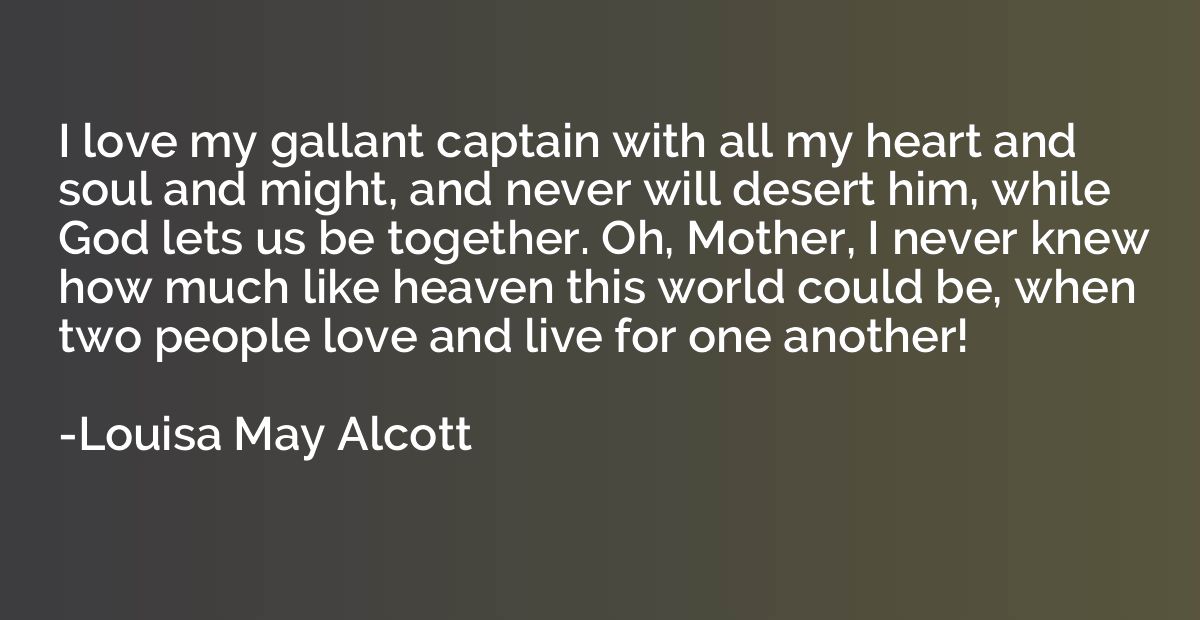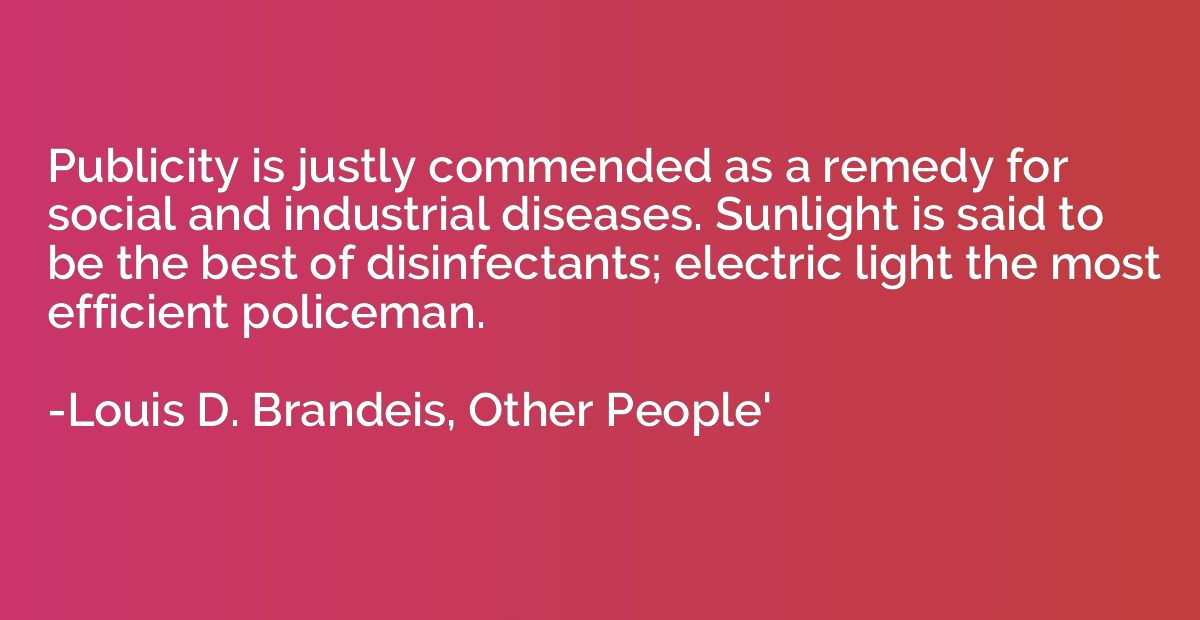Summary
This quote encourages individuals to let go of insignificant or negative experiences and memories. It suggests that it is essential to prioritize and focus only on significant and positive aspects of one's life. By acknowledging that some things are not worth remembering, it invites people to conserve their energy and mental space for more meaningful moments and thoughts. It emphasizes the importance of releasing the burden of trivial or harmful memories and freeing oneself to embrace a more joyful and fulfilling existence.
Topics
Memory
By Tim Foley
